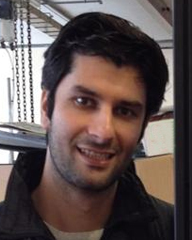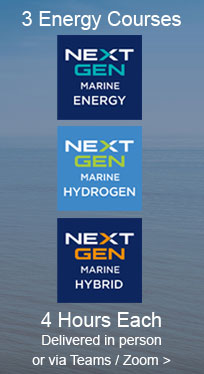Hybrid Electric Vessel Propulsion with Integrated Motor Assist
Hybrid electrical vessel propulsion with integrated motor assist (HEVIMA), is an Innovate UK supported project which is led by REAP Systems ltd, in collaboration with the University of Southampton and eight industrial partners. This project aims to develop an innovative modular parallel hybrid marine power system that surpasses the efficiency and emission levels of existing hybrid systems in the small commercial vessel market. Modularity is a key in this project to reduce the engineering and implementation cost of hybrid systems in ships.
HEVIMA focuses on three integrated technologies: First, electric integrated motors (in flywheel), where it explores new types of electrical motor, which have high torque densities. The construction of these machines is very modular and scalable. Second, it develops safe, reliable, modularised and scalable high density batteries with algorithm assessing the safety critical battery deterioration and state of health. Third, it investigates a versatile and open energy management and control system, that enhance the adaptability/flexibility of energy/electrical power use with potential impact across a wide spectrum of different marine vessels. This industrial project will span 3 years with a total project cost of £1.32M. The potential cost saving to the marine industry are 6.5 M/year and the emission reduction is estimated to be 30,000/year tonnes of CO2.
Mehdi Hendijanizadeh - Southampton University

Dr Mehdi Hendijanizadeh is Research Fellow in Electromechanical Engineer within Engineering and the Environment at the University of Southampton.
Mehdi is a Bachelor of Science in Electronic Engineering and Master of Science in Power-Electronic Engineering. His BSc project aim was to improve voice quality by signal processing method. His MSc was also involved in developing a control driver based on fuzzy sliding mode control to adjust the position of DC motor.
After two years in industry, Mehdi joined the Electro-Mechanical engineering group of University of Southampton as a PhD candidate in 2009. He conducted his research on harvesting energy from low frequency, large scale ambient vibrations.
His research during PhD years led to the design and manufacture of some energy harvesting prototypes including a ball screw based energy harvester to extract power from vertical movement of a boat or buoyant.









